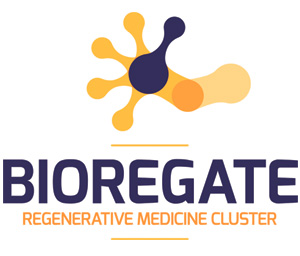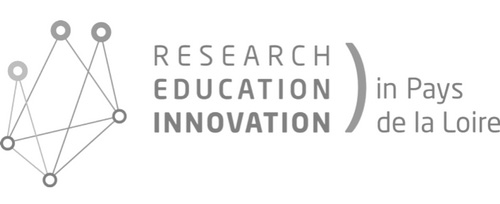Terms of Access
Admission is made either directly after the validation of the PeiP course (Polytech engineer’s course, a preparatory cycle to discover the different areas of engineering and to choose a specialty given in one of the 13 schools of the Polytech network), or via competitions accessible to undergraduate students (2, 3 or 4 years after baccalaureate)+4.
CPGE:
- PC (Bank e3a Polytech Competition)
- PSI (Bank e3a Polytech Competition)
- BCPST (Polytech Competition)
- ATS (National ATS Competition)
License 2:
- L2 dominant Maths Physics Chemistry
- L2 dominant Maths Physics and Technology
DUT:
- Chemistry (CH)
- Biological Engineering (GB)
- Chemical Engineering and Process Engineering (GCGP)
- Thermal and Energy Engineering (GTE)
- Physical Measurements (MP)
BTS:
- Contact the admission department to find out the BTS eligible for Polytech Nantes
Master 1:
- Contact the admission department to find out the eligible M1s for Polytech Nantes
General objectives
The engineer in Process and Bioprocess has technical and scientific, human and economic skills covering all the fields related to the transformation processes (chemical or biological) into finished products with function of use while controlling the energy expenditure and respecting environmental constraints. It operates in both industrial and service sectors.
His training allows him to understand issues, design, innovate, implement, put new methods in place but also to exploit and maintain processes and bioprocesses in their diversities.
This program with a large part of humanities and economic sciences, allows graduated students to manage studies, carry out business, coordinate the intervention of various internal or external partners, ensure quality and guarantee achievements compliant to the various regulatory constraints.
The “Process and Bioprocess Engineer Degree” Program:
- The resolution of complex industrial issues related to the implementation, scale up, control and optimization of industrial processes and bioprocesses
- Conduct or design installations in a clean, sober and safe manner, with an integrated vision of their implementation, their industrial location, their environmental and energy impact.
- Research and development on processes and bioprocesses
- Through their comprehensive, multidisciplinary and multi-scale approach, trained engineers are able to endorse various missions in production units or sites management, R & D projects or programs management, quality management, monitoring of missions…
- Search for scientific and technical information in specialized databases, writing reports (bibliographic analysis, technical-economic reports on a given process),
- Development of methodologies (experimental and / or theoretical) adapted for each step (process development, optimization, scale up),
- Use of advanced simulation and modeling softwares in (bio) process engineering
- Consideration of environmental aspects (discharges, nuisances, possibility of recycling) and energy (minimization of needs, co-valorization) when implementing a new process or improving an existing process,
- Communication in English (oral and written) with a good command of the specific vocabulary related to the unit operations of process engineering and bioprocesses,
- Work at the interface of several disciplinary fields in order to prepare the engineer for his future job,
- Adaptation of his communication to different interlocutors (workers, executives, senior managers) and specialties (production, R & D, sales and HR).
- Master the fields related to the transformation of the material into finished products with a function of use, taking into account the energy expenditure and respecting the environmental constraints.
- Design, innovation, implementation, scale up and exploitation of processes and bioprocesses in a wide range of industrial fields.
- Manage and carry out projects with internal and external partners, ensure the quality of (bio) productions and guarantee high performance.
Objectives related to Bioregate topics
Yes
Students future
Students are generally employed after graduation but complementary training programs are also possible for example the Master’s degree in innovation management at the Nantes IAE (Bussiness school depending on the University) enabling students to design and lead innovative (collaborative) projects for new products and services.
This Master degree prepares to the following activities:
- design a product, service, organization,
- lead a collaborative innovation project,
- support change,
- develop partnerships and mobilize resources.
More information on this Master:
http://www.iae.univ-nantes.fr/nos-formations/offre-de-formation/master-management-de-l-innovation-2015251.kjsp
After the Process Engineering and Bioprocesses Engineer degree, students can be employed in the following professional sectors:
- Agri-food (including marine bio-resources)
- Environmental protection (treatment and recycling of water, recovery of waste and co-products, environmental technologies)
- Energy production from biomass
- Heavy or fine chemicals industries, pharmaceutical industry
- Health, biomedical, bio-industries
- Design office, equipment manufacturers

